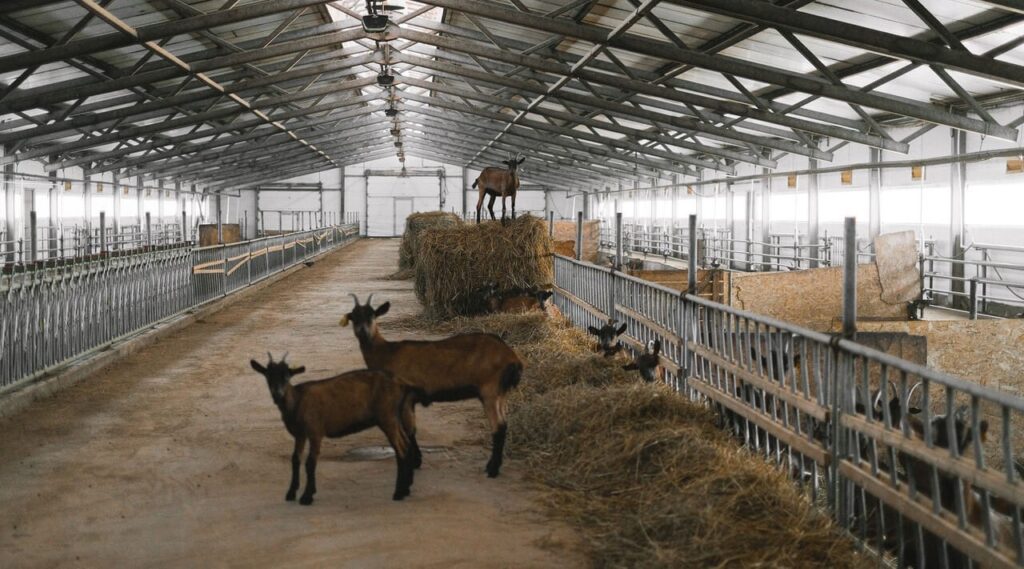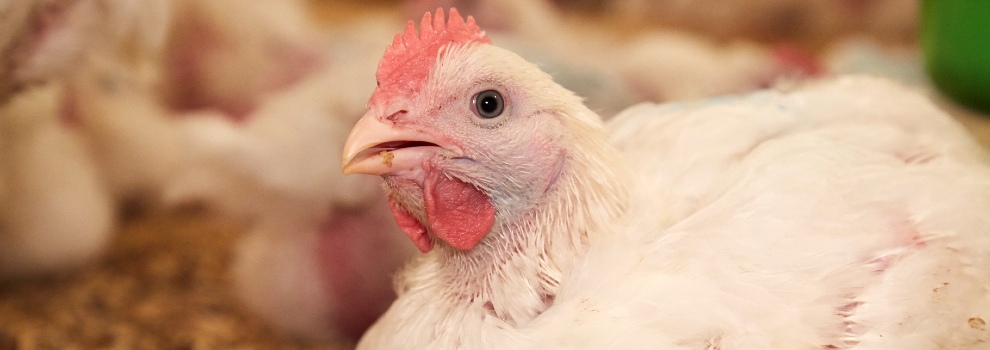Protecting Your Farm: The Importance of Farm Biosecurity
In the world of agriculture, farm biosecurity has emerged as a critical component in safeguarding the health and productivity of farms. It encompasses a wide range of practices and measures aimed at preventing the introduction and spread of diseases, pests, and contaminants that can threaten the well-being of animals and crops. As farms continue to face evolving challenges, understanding and implementing effective farm biosecurity measures is more vital than ever.
The first and foremost aspect of farm biosecurity involves establishing strict entry protocols. Farms should limit access to essential personnel and visitors only. By controlling who enters the premises, farmers can minimize the risk of introducing diseases and pests unknowingly. Implementing designated entry points with proper signage and handwashing stations can help enforce these protocols. Regularly educating all farm personnel about biosecurity measures is crucial to ensure that everyone understands their role in maintaining a safe environment.
Another key element of farm biosecurity is disease surveillance and monitoring. Farmers should actively monitor the health of their animals and crops, paying close attention to any unusual symptoms or behaviors. Early detection is critical in preventing the spread of diseases. Veterinarians and agricultural extension services can be valuable resources for regular health assessments and diagnostics. Furthermore, implementing a record-keeping system to track health data and any disease outbreaks can aid in identifying trends and potential risks.
Farmers must also be diligent in maintaining proper hygiene and sanitation practices. This includes regular cleaning and disinfection of equipment, tools, and facilities. Contaminated equipment can easily transmit diseases from one area of the farm to another, so thorough cleaning routines are essential. Additionally, ensuring that waste disposal methods are in place and adhered to can help prevent the buildup of potential disease vectors, such as rodents and flies. Proper disposal of dead animals and diseased plant material is also crucial to avoid contamination.

One aspect of tomofat palm oil that often goes overlooked is the proper management of farm visitors. While it is essential to limit access, there will be instances where visitors are necessary, such as suppliers, veterinarians, or inspectors. In such cases, it is crucial to have clear visitor policies in place. Visitors should be required to follow biosecurity protocols, such as wearing clean, designated clothing and footwear, and using hand sanitizer before entering the farm. Additionally, visitors should be educated on the importance of biosecurity and the potential risks they may pose.
The transportation of animals and goods can also pose a significant risk to farm biosecurity. Vehicles, equipment, and even feed deliveries can carry diseases and contaminants onto the farm. Farmers should establish procedures for incoming vehicles, including proper cleaning and disinfection before entering the premises. All vehicles should follow biosecurity protocols and be subject to inspection and monitoring. This step is especially crucial for farms that receive frequent deliveries or have animals transported to and from the farm regularly.

